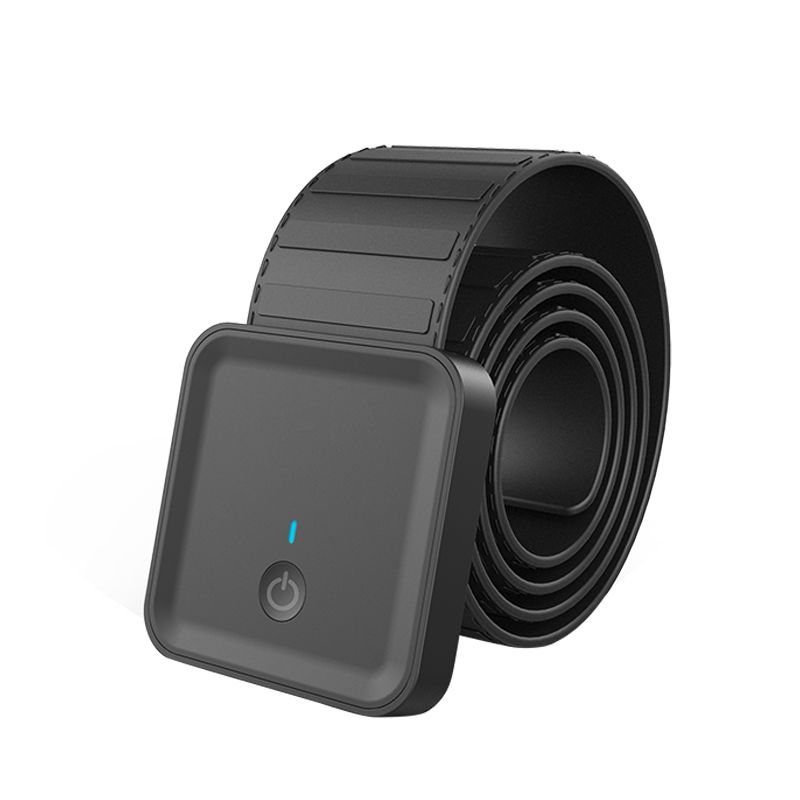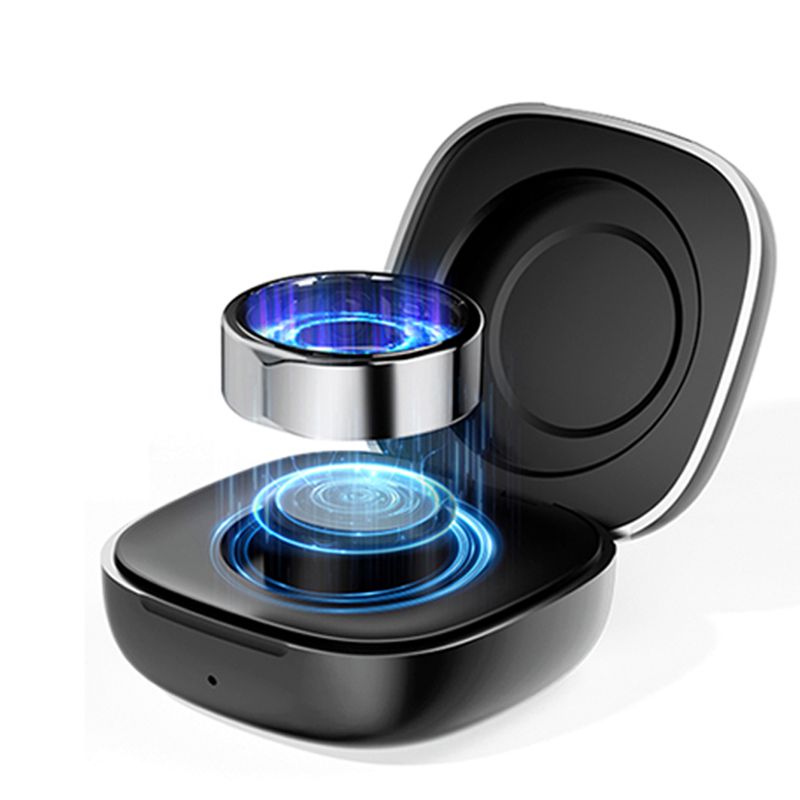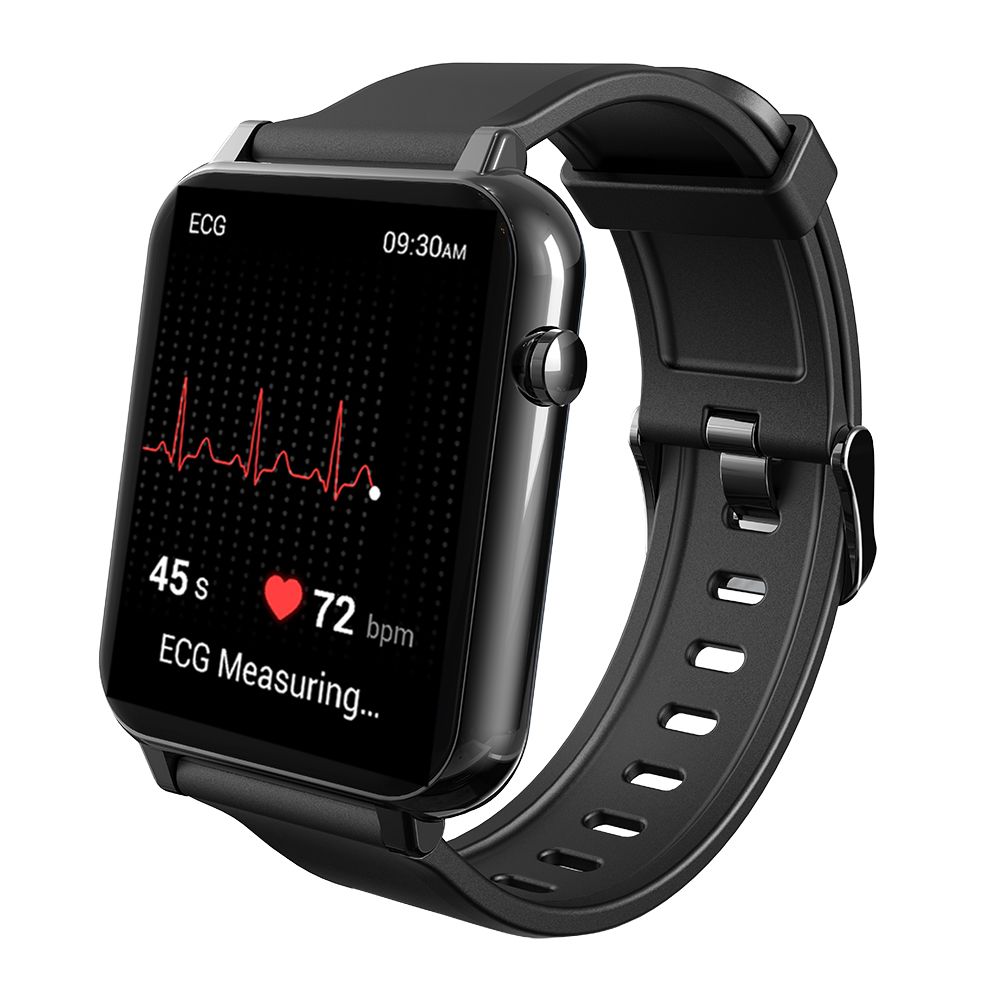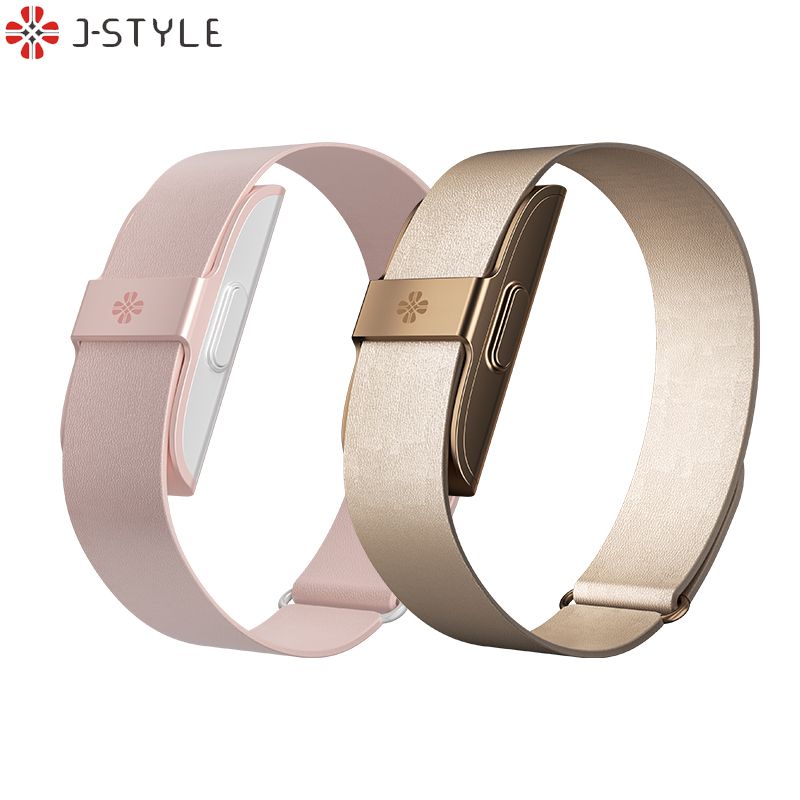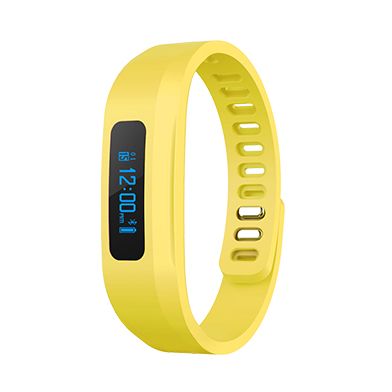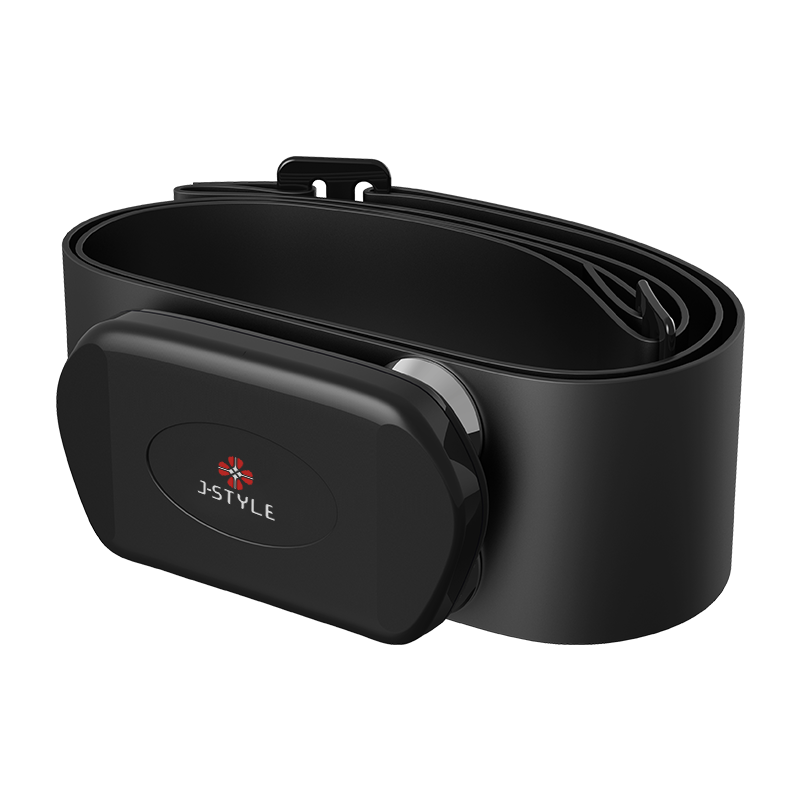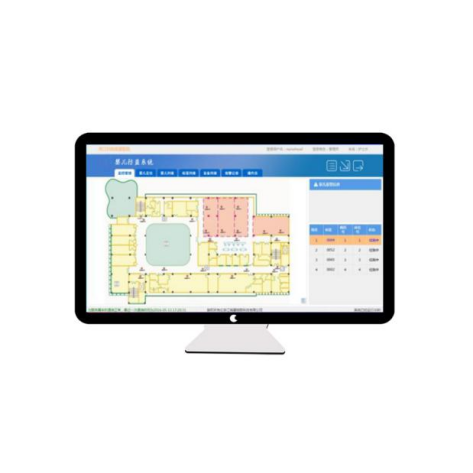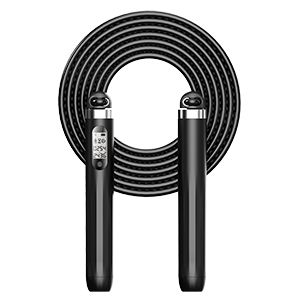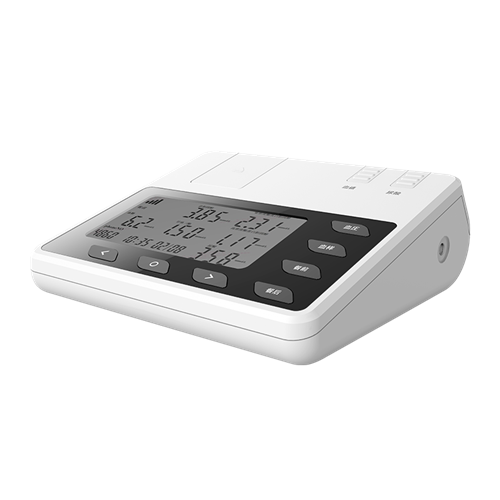Do Blood Glucose Monitoring Smart Watches Really Work?
Introduction
As technology continues to weave its way into various aspects of our lives, the health and wellness sector has seen a surge in innovation. One area that has garnered significant attention is the integration of blood glucose monitoring into smart watches. In this article, we delve into the effectiveness of these devices, exploring whether blood glucose monitoring smart watches truly live up to the hype.
Understanding Blood Glucose Monitoring
The Significance of Blood Glucose Levels
Maintaining optimal blood glucose levels is crucial for overall health, especially for individuals with diabetes. Fluctuations in blood sugar can have serious consequences, and regular monitoring is a key aspect of diabetes management. Traditional methods involve fingerstick testing using a glucometer, but the advent of smart watches promised a more seamless and continuous monitoring experience.
The Mechanism Behind Blood Glucose Monitoring Smart Watches
Non-Invasive Sensor Technology
One of the primary attractions of blood glucose monitoring smart watches is their non-invasive approach. Unlike traditional methods that require a blood sample, these watches utilize sensor technology to measure glucose levels through the skin. This technology is designed to offer a more comfortable and user-friendly alternative to frequent fingerstick tests.
Continuous Monitoring Capability
The allure of smart watches lies in their ability to provide continuous monitoring throughout the day. Users can access real-time data on their blood glucose levels, allowing for more immediate and informed decision-making regarding dietary choices, medication, and lifestyle adjustments.
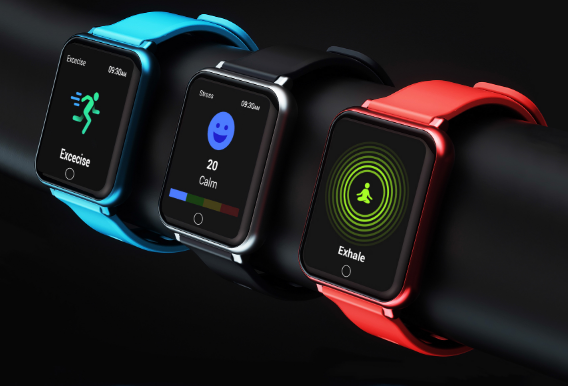
Evaluating Accuracy and Reliability
Clinical Validation
Critics often question the accuracy and reliability of blood glucose monitor smart watches. However, many reputable manufacturers invest in rigorous clinical validation to ensure the precision of their devices. Clinical studies and trials are conducted to compare the readings of smart watches with traditional glucometers, providing insights into the reliability of these innovative devices.
Factors Influencing Accuracy
It's important to note that several factors can influence the accuracy of blood glucose monitoring smart watches. Skin conditions, device placement, and individual variations can impact the readings. Manufacturers continually refine their algorithms to mitigate these factors and enhance the overall accuracy of their devices.
The Advantages of Blood Glucose Monitoring Smart Watches
Convenience and Accessibility
One undeniable advantage of these smart watches is the convenience they offer. Continuous monitoring without the need for pricking fingers allows for a more seamless integration of blood glucose tracking into daily life. This accessibility encourages users to stay proactive about their health without the potential barriers posed by traditional monitoring methods.
Data Integration and Analysis
Smart watches go beyond providing raw data; they often offer features for data integration and analysis. Users can track trends over time, set personalized health goals, and share data with healthcare professionals for collaborative diabetes management. This holistic approach to data empowers individuals to take a more active role in their health.
Limitations and Considerations
Device Limitations
While blood glucose monitoring smart watches offer promising benefits, it's essential to acknowledge their limitations. These devices are not infallible, and occasional discrepancies in readings may occur. Users are advised to use smart watches as complementary tools rather than sole indicators of their health status.
User Education and Awareness
To maximize the effectiveness of blood glucose monitoring smart watches, user education is crucial. Individuals should be aware of the device's capabilities and limitations, understanding that smart watches provide supportive data but may not replace traditional diagnostic methods entirely.
The Future of Blood Glucose Monitoring
Technological Advancements
As technology advances, the future of blood glucose monitoring smart watches looks promising. Continuous improvements in sensor technology, data analytics, and artificial intelligence integration hold the potential to enhance the accuracy and functionality of these devices further.
Conclusion
In conclusion, blood glucose monitoring smart watches represent a significant stride in the realm of health technology. While they offer a convenient and non-invasive approach to monitoring blood sugar levels, users should approach these devices with a balanced perspective. With ongoing advancements and a commitment to accuracy, blood glucose monitoring smart watches could play an increasingly vital role in diabetes management.
If you are interested in exploring blood glucose monitoring smart watches or are looking for reliable suppliers, feel free to contact us for further information.

